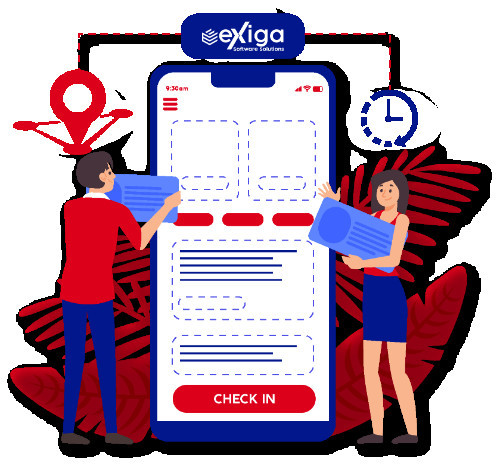views

Privacy concerns surrounding mobile time tracking primarily stem from the constant monitoring of employee movements or behaviors. When GPS tracking and biometric logins are involved, the potential for overreach rises. In Singapore, where the Personal Data Protection Act (PDPA) governs how organizations collect and use employee data, companies must clearly articulate their intent and gain consent before implementation. HR teams must also ensure the data collected is strictly limited to what is necessary for business operations.
Transparency is key. Employers in Singapore must inform staff about what information is being collected, how it will be used, and who will have access. Providing clear privacy notices and obtaining written consent are essential practices to comply with PDPA standards. In addition, time tracking apps should offer employees visibility into their own data, allowing them to monitor and correct any inaccuracies. This builds trust while ensuring legal compliance.
Balancing productivity and privacy is a strategic issue for HR departments. Too much surveillance can lead to resentment and decreased morale, while insufficient monitoring can cause inefficiencies and payroll discrepancies. Organizations in Singapore are encouraged to involve legal counsel and data protection officers when drafting time-tracking policies. Incorporating employee feedback in the selection and rollout of such tools can also reduce pushback and promote better user adoption.
Technology providers offering mobile time tracking in Singapore should prioritize security features such as data encryption, access controls, and minimal data retention policies. For HR teams, it’s important to choose platforms that are PDPA-compliant and capable of anonymizing sensitive location data where possible. Routine audits and privacy impact assessments should be conducted to ensure the system remains within legal boundaries.
Finally, employee education is a critical aspect of rolling out mobile time tracking solutions. HR teams must conduct onboarding sessions to explain how the system works, what protections are in place, and how individuals can raise concerns or request data access. By promoting a culture of openness and responsibility, businesses can turn a potentially sensitive tool into a productivity asset that respects employee rights

Mobile time tracking is transforming how businesses manage their workforce in Singapore, particularly in sectors like construction, logistics, healthcare, and IT services. These solutions allow employees to clock in and out using their mobile devices, record location data, and provide real-time attendance information to HR teams. As convenient as these technologies are, they also introduce significant concerns about employee privacy and data security, making it vital for HR professionals to tread carefully when implementing such tools.
In Singapore, organizations must comply with the Personal Data Protection Act (PDPA) when collecting and processing employee information through mobile time tracking apps. This includes ensuring that data is collected for specific purposes, obtaining consent, and safeguarding it from unauthorized access. HR teams must clearly communicate why the data is being collected, how long it will be stored, and how it will be used. Failure to follow these guidelines could result in reputational damage or regulatory penalties.
Another area of concern is location tracking, which is commonly built into time-tracking apps. While GPS data can be essential for managing mobile teams or verifying worksite attendance, it can also feel intrusive to employees—especially if tracking continues after work hours. To mitigate this, Singapore companies should consider using geofencing, which only activates tracking within work-specific locations, or enabling employees to manually check in and out to reduce constant surveillance.
https://mobileattendance.com.sg/mobile-time-attendance-singapore/






















Comments
0 comment